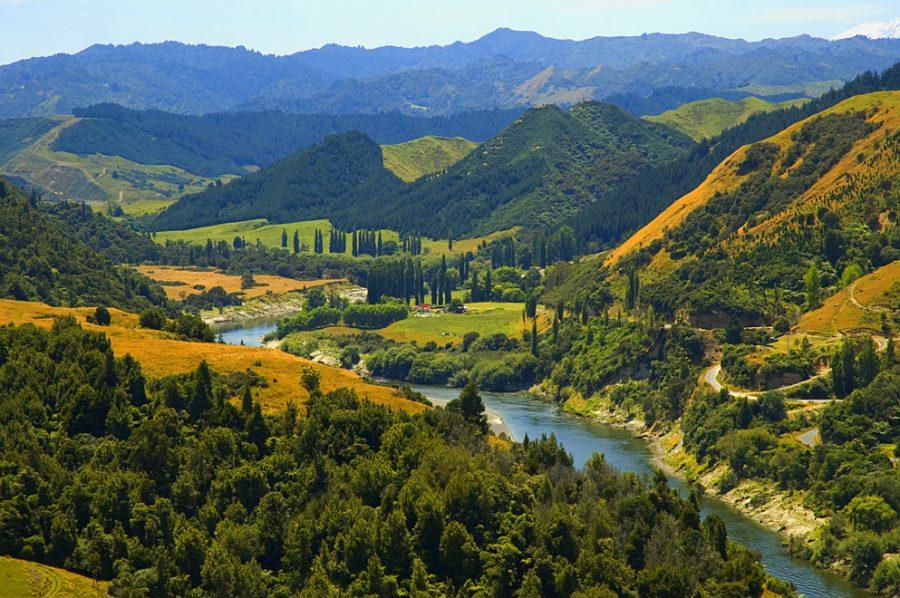Granting Rivers “Human Status!” A New Trend?
This past week, New Zealand granted human status to one of its major rivers, the Whanganui River, in an attempt to take a step forward in preserving the ecosystems. As dictated by the New Zealand government, the Whanganui River is now represented on the behalf of two guardians from the indigenous community surrounding the river, as well as the New Zealand government itself. By granting the Whanganui River legal human rights, the New Zealand government and proponents of the enactment hope to begin reducing pollution in the river’s waters. New Zealand was the first to give a river “person-hood,” and now, India followed suit, granting two of its rivers legal human rights. This Monday, a Himalayan court in the state of Uttarakhand declared that the Ganges and Yamuna Rivers are both “living entities.” In a similar fashion to New Zealand’s proposal, the Indian ruling calls for three officials to be elected and placed in a position to speak on behalf of both rivers. These steps taken by New Zealand and India to protect its wild lands are extraordinary, however, they leave one question: As perhaps the greatest country to ever inhabit the face of the Earth, why is the United States not immediately attempting to follow suit? Given the magnitude of the issue of what trying to protect the environment has been within the past decade (i.e. centering education around “staying green,” conducting several studies on harmful effects humans have on the environment, etc.) , it seems odd that we have not taken steps to attempt a similar feat. North Point Junior, Sarah Kersey, who isn’t necessarily a proclaimed environmentalist, states that “It’s a little astonishing that the United States hasn’t been the first to do something of this magnitude.” Kersey went on to question the idea, “We’re supposed to be at the forefront of innovation and good ideas, right?” Perhaps this is our wake up call. Given our ability to take ideas and expand on their use, we could take a lesson from New Zealand and India and extend these human rights to National Parks, landmarks, and much more.



